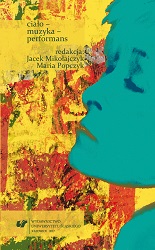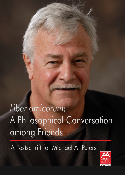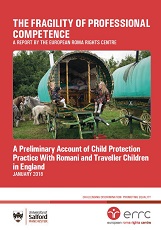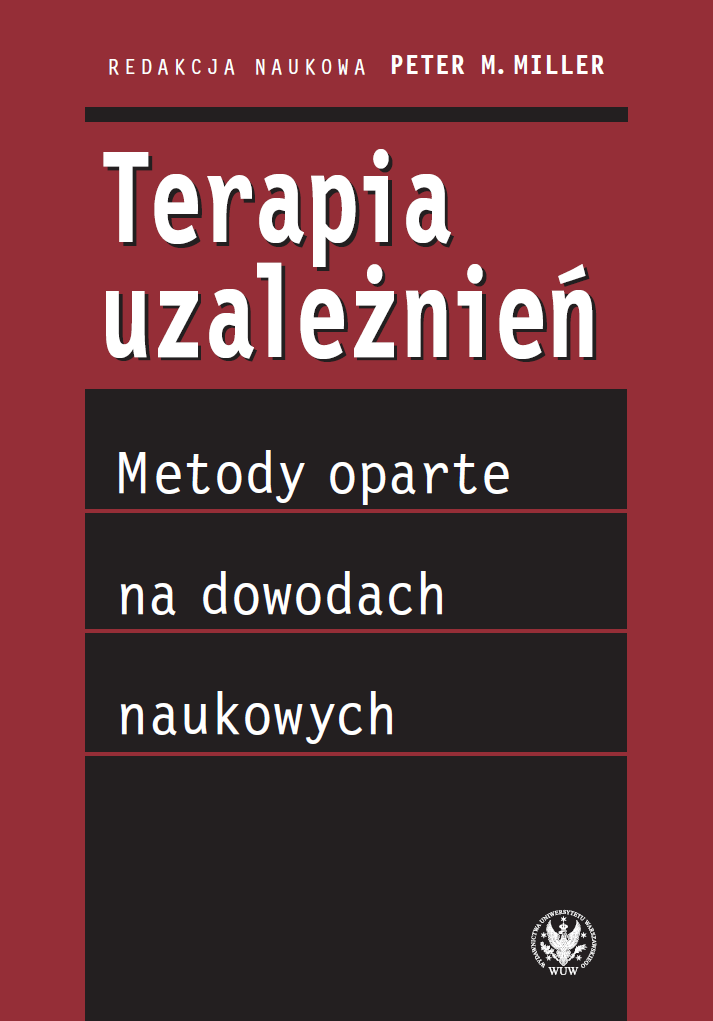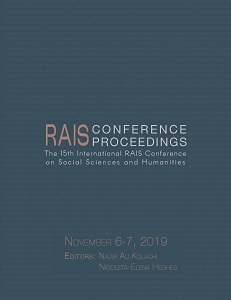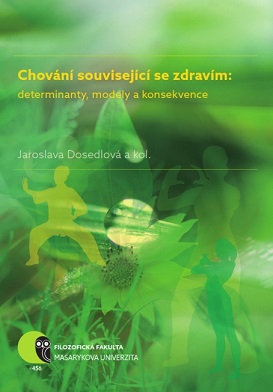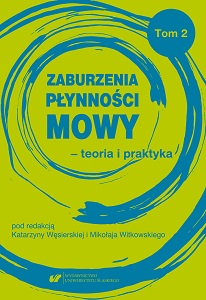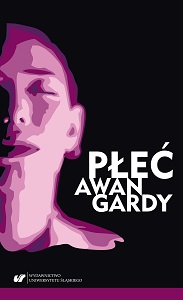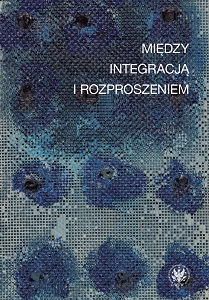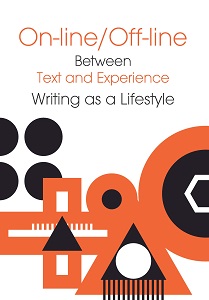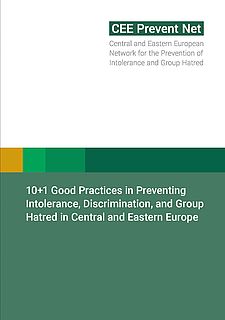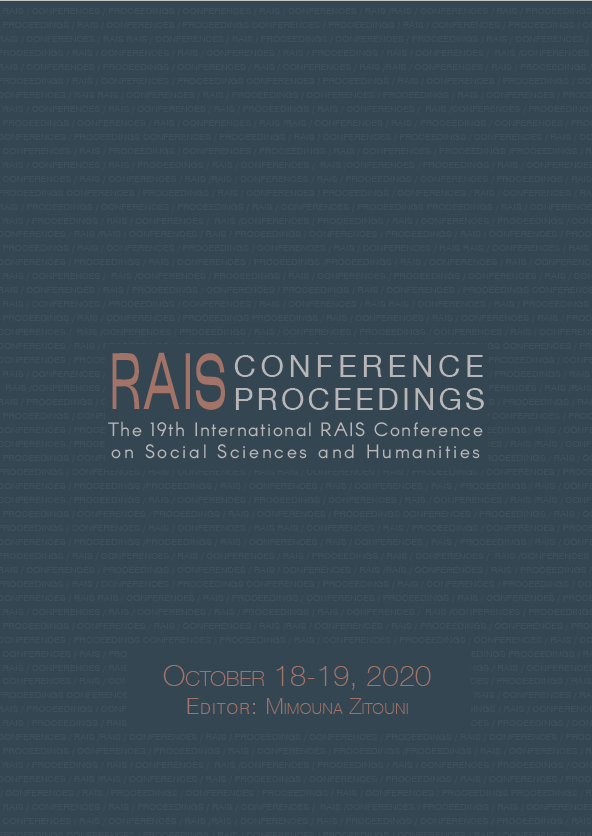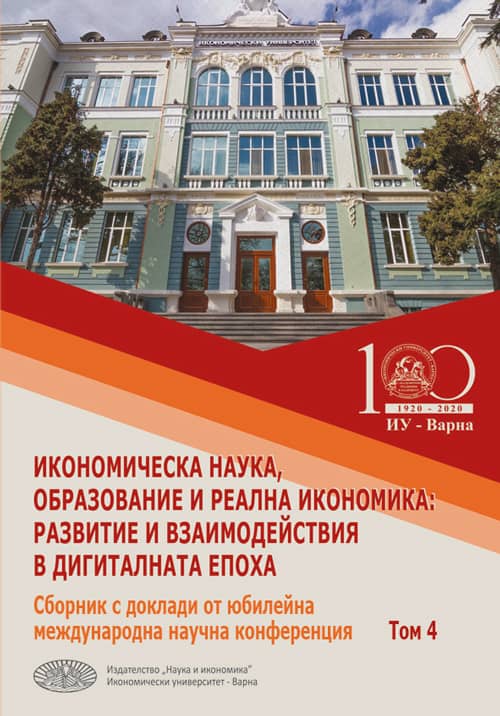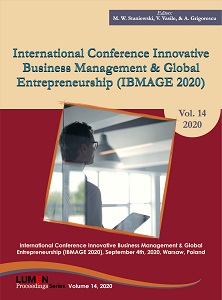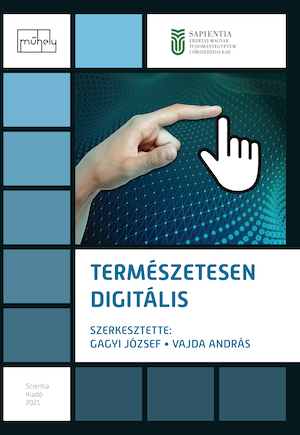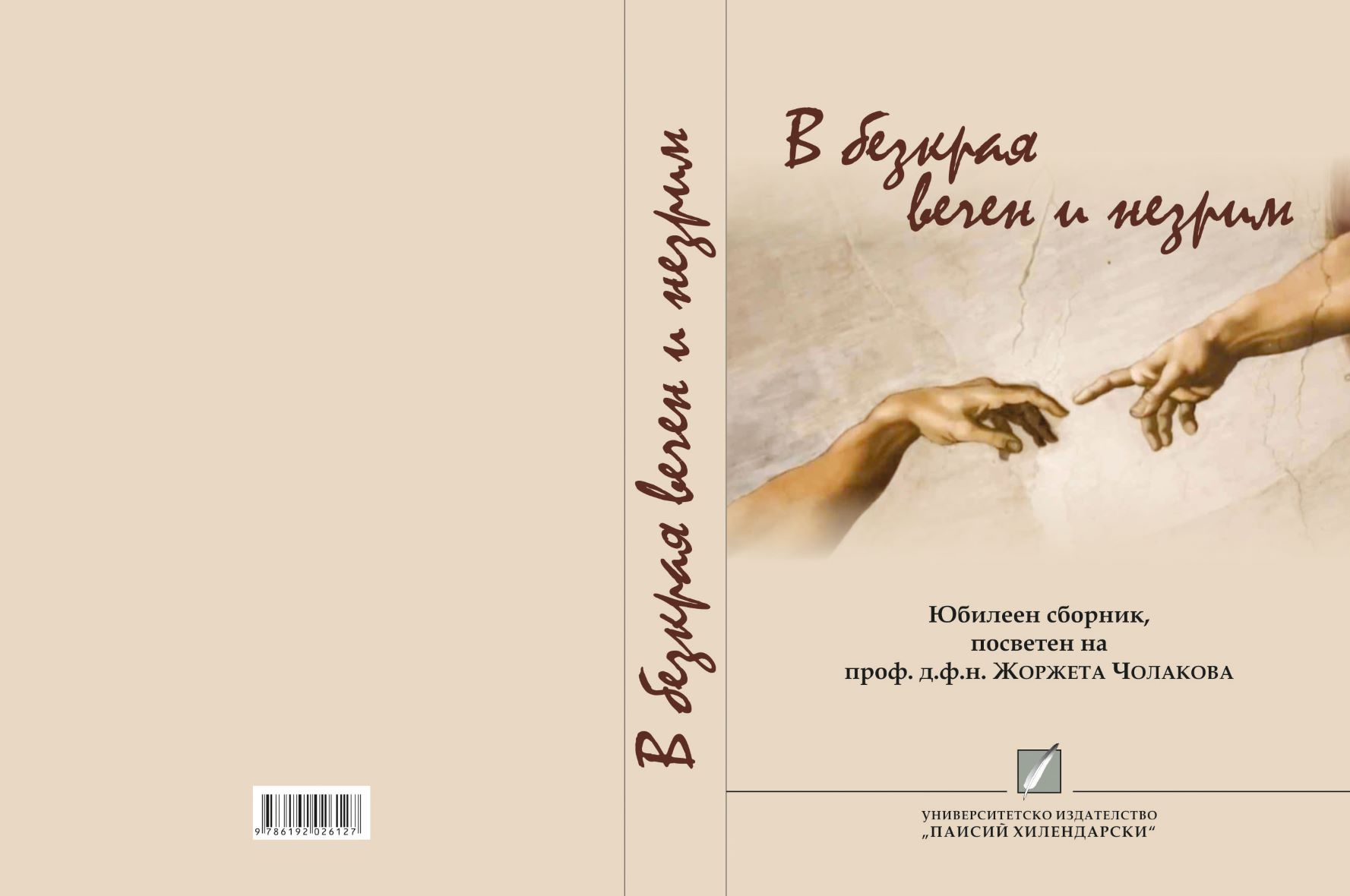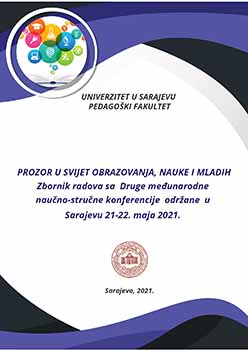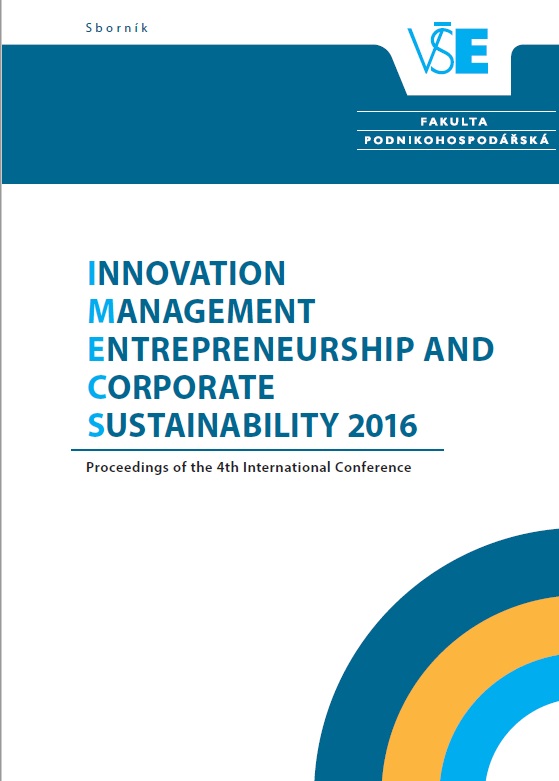
SUSTAINABLY RESPONSIBLE LEADERSHIP AND INNOVATION
SUSTAINABLY RESPONSIBLE LEADERSHIP AND INNOVATION
Keywords: leadership
Innovation is more than invention and creativity. Most importantly, it should refer to responsible leadership since it creates wealth that might serve parts but not the whole economic, social and ecological environments. Moreover, responsible leadership is linked to the dimensions of sustainable corporate responsibility. It manifests itself in the three main types of leaders: the doer, the coordinator, and the visionary. Each type has different capabilities such as “managerial skills” of the “Knowing-How”, “interpersonal skills” of the “Knowing-Whom”, and the “reflective skills” of the “Knowing-Why”. Ideally, a responsible leader expresses all types, but can also cooperate with others complementing his/ her deficiencies in the one or the other capabilities. Thus, responsible leadership comprises technical skills (cognitive intelligence: IQ); ethical competencies (emotional intelligence: EQ); and esthetical insights (spiritual intelligence: SQ). An empirical pre-study underscores the importance of all the three aspects of responsible leadership. However, it verified them only by surveying 41 leaders and their importance for successfully taking steps of their career ladder. Other empirical studies should verify the importance of the complementing capabilities of sustainably responsible leadership.
More...
